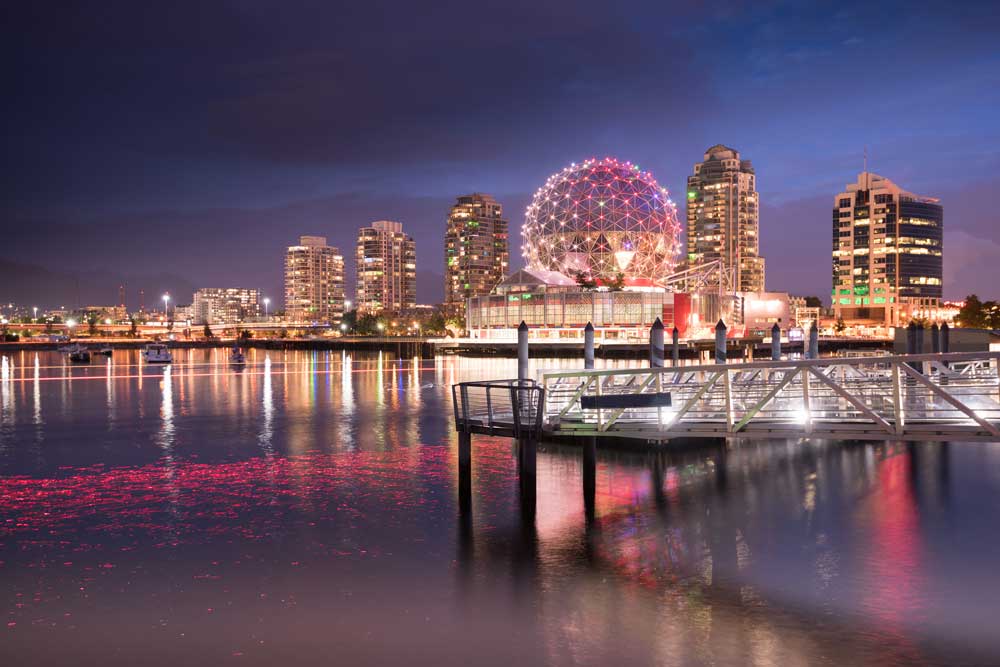The most recent evidence shows that the ancestors of Vancouver came from Siberia. They arrived at beaches abundant in seafood, which they ate. The ancestors were the Squamish, Tsleil-Waututh, Musqueam, Tsawwassen, Coquitlam, Katzie, and Semiahmoo. They called were “Coast Salish” people. The first Europeans to explore Vancouver were Spanish Captain Jose Maria in 1791 and British Captain George Vancouver, after whom the island and city of Vancouver were named, in 1792 [1]. In 1827, Hudson’s Bay Company built a trading post, the first permanent non-native settlement in the Vancouver area. In 1867, Gassy Jack opened a session for forest workers. “Gastown” is named after this session. This session became so popular, expanded into a community, and turned into Gastown in early 1900 [2].
The Modern History of Vancouver
The city of Vancouver underwent a huge transformation during the Second World War. Minesweepers and corvettes were produced in Vancouver for the Royal Canadian Navy. Anti-aircraft guns were produced in Burnaby. Boeing aircraft were made in nearby Richmond. As a result of weapon production, the economy of Vancouver grew and flourished.
In 1942, a few months after the Japanese attacked Pearl Harbor, Japanese Canadians were “evacuated” from Canadians.
After World War II, the economy grew rapidly due to increased immigration from China to Vancouver.
The Current Main Industry in Vancouver
In 2017, the GDP of Vancouver was CA$ 137 billion. The GDP growth rate was 4.5%, meaning that Vancouver represents about 7.5% of Canada’s economy.
Nowadays, in Vancouver, the key industries include high tech, education, tourism, aquaculture, agriculture, and manufacturing [3].
How will Vancouver City evolve in the future?
The population and economy in Vancouver will be not decreasing in the near future because the government of Vancouver still actively accepts immigrants now. The advanced countries, such as Japan, China and European countries, have been having problems with their decreasing younger population, which may cause negative economic growth.
However, in Vancouver, they have a style of accepting immigration from cultural or historical points. Furthermore, it is easy for immigrants to find jobs in Vancouver. That is why the economy and population will stay strong in the future.
References
- Gail M and Robin G, M 1983, A case history for Vancouver, British Columbia, viewed 8 September 2021, link
- The History of Vancouver, viewed 9 September 2021, https://vancouverbc.com/the-early-history-of-vancouver/
- Finance, viewed 10 September 2021, https://www.vancouvereconomic.com/focus/other-sectors/
